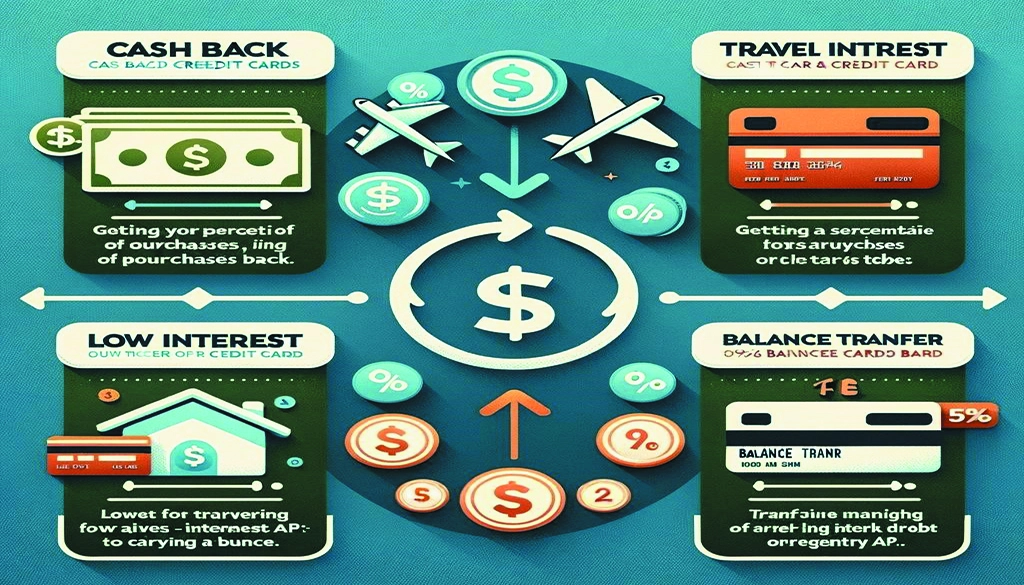Essential Credit Card Hacks for Smarter Spending and Saving
- 0 Comments

It can be hard to figure out how to use credit cards properly, but if you do, they can be very helpful for your finances.
This guide has everything you need to know about credit card hacks that will help you spend less, save more, and improve your credit score.
By the end of this piece, you’ll know how to get the most out of your rewards, pay the least amount of interest, and improve your general financial health.
Key Takeaways
- Track Spending & Choose Wisely: Understand your habits & pick the right card for rewards, low interest, or travel perks.
- Maximize Rewards & Bonuses: Use your card strategically & pay in full to rack up rewards & meet sign-up bonuses.
- Reduce Interest: Transfer high-interest debt & utilize 0% intro APR offers to save money.
- Automate & Negotiate: Set up autopay to avoid late fees & consider calling for a lower interest rate.
- Prioritize Security: Use EMV chips & virtual card numbers for safe online transactions.
- Read the Fine Print: Understand fees, charges, & interest rates to avoid surprises.
- Maintain Low Credit Utilization: Keep your credit usage below 30% to boost your credit score.
Credit Card Hacks and Smart Usage
1. Know how you usually spend your money
Before you look into credit card hacks, you need to have a good idea of how you normally spend your money. Tracking tools and apps can be very helpful in this case. Look for ones that break down your spending into categories and show you where you might be spending too much.
2. Pick the Right Card
It’s important to pick a credit card that fits your buying habits and financial goals. The right credit card can be very helpful, whether it’s for cash back, trip perks, or low-interest rates. Compare websites to find the best deals and offers that fit your needs.
3. Use Sign-up Bonuses to Your Advantage
There are a lot of credit cards with great sign-up bonuses, which can be anything from cash back to thousands of miles. But with these, you usually have to spend a certain amount in the first few months. Plan big purchases or bill payments so that you can meet these needs without spending too much.
4. Optimize Reward Points
Use your credit card for everyday purchases like gas, food, and bills that you pay regularly to get the most benefits. But make sure you pay off the whole amount every month to avoid interest fees that could cancel out the benefits.
5. Use Balance Transfers
If you have a lot of credit card debt with high-interest rates, you might want to move the amount to a card with a 0% introductory APR. This can help you pay off your debt faster and save you a lot of money on interest.
6. Automate Payments
If you set up automatic payments, you’ll never miss a due date again, which will save you money on late fees and could help your credit score. Also, some cards give you a bonus for setting up autopay.
7. Talk About Better Rates
Don’t be afraid to ask for a lower interest rate if you’ve been a good customer and paid your bills on time. You could save money and find it easier to keep track of your amount with just one phone call.
8. Credit Card Security
To avoid scams, use credit cards with extra safety features like EMV chips and virtual card numbers when you shop online. Check your account often for any transfers that aren’t supposed to be there.
9. Read and Understand the Fine Print
Learn about the fees, charges, and interest rates that come with your greeting card. This information can help you avoid shocks that cost a lot of money and make smarter choices about your money.
10. Watch How Much Credit You Use
The credit utilization ratio, which is the difference between your credit card amount and your limit, should not be higher than 30%. This might raise your credit score, which makes you more appealing to lenders.
Conclusion
Credit cards can help your finances if you know how to use them right.
These tips will help you spend your money more wisely, get prizes that are worth it, and save money on fees and interest.
Remember that controlling your spending, keeping an eye on your accounts, and fully knowing the terms and conditions of your credit deals are the keys to mastering your money.
Start using these tips right away and see a difference in your cash situation.
